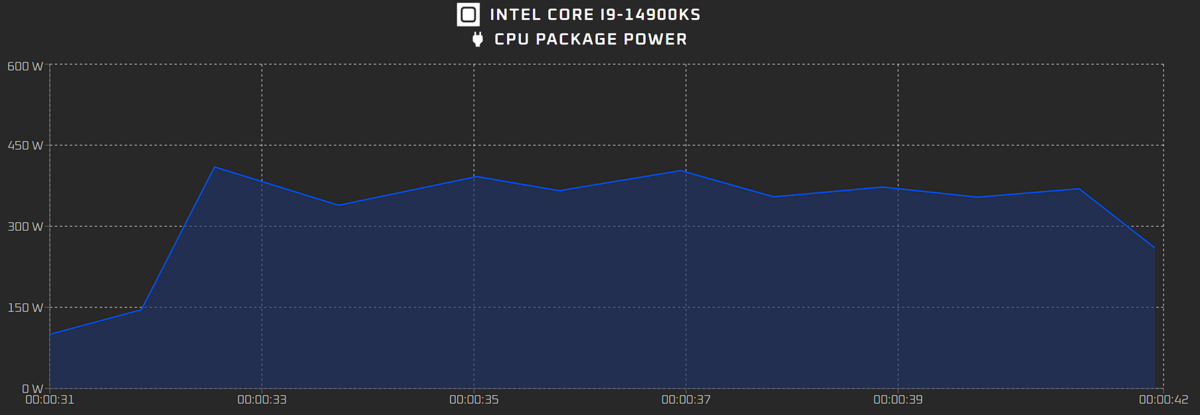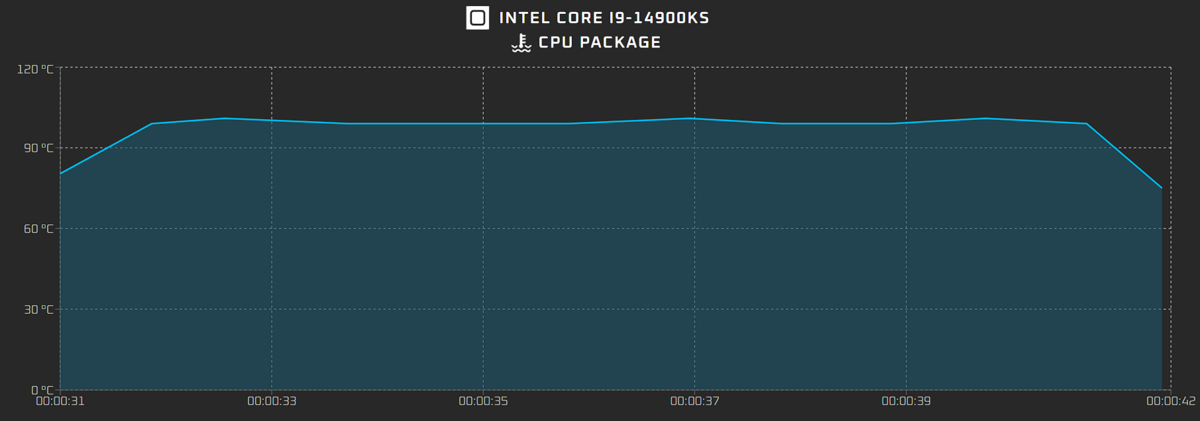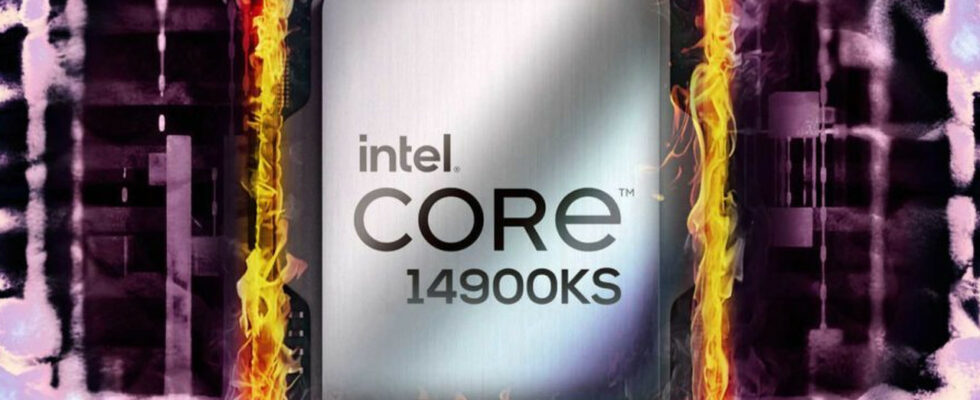THE processors Raptor Lake Refresh should soon give way to Arrow Lake, but in the meantime, the last stand is being prepared.
Does Intel have the idea of releasing a Core i9-14900KS processor to oversee the entire Raptor Lake Refresh range as it was able to do on previous generations?
The question, still not officially answered by the American brand, seems to have found an answer as precise as it is indisputable with this dive into the OCCT databases.
Up to 6.2 GHz boost
Famous software for measuring and verifying system stability, OCCT seems to have had a visit from an authentic Core i9-14900KS, as evidenced by numerous captures accessible from its bases.

All the technical details of the Core i9-14900KS © VideoCardz
Captures which do not only attest to the upcoming launch of this CPU. Indeed, all the useful information about this processor which should overtake the Core i9-14900K is specified. As we expected, this Core i9-14900KS has 24 cores divided into 8 high-performance cores and 16 efficient cores.
Engraved using the Intel 7 process (10 nm), it has 32 MB of L2 cache and 36 MB of L3 cache. Its base frequency is 3.2 GHz on the P cores – as much as on the 14900K – but 6.2 GHz in boost, or 200 MHz more than the little brother.




409 watts and up to 101°C
Minor, these few changes nevertheless imply another, with serious consequences. Indeed, Intel has pushed the TDP of its 14900KS to 150 watts compared to 125 watts for the 14900K.
More importantly, when the TDP is unlocked, the OCCT tests showed a rather crazy gluttony with a consumption measured at 409 watts in the worst case with a temperature measured – at peak – at 101°C on the CPU Package. In our testing of the 14900K, we measured 338 watts/98.4°C, but the conditions were significantly different.




That the Core i9-14900KS consumes even more energy and heat than its little brother 14900K is not surprising: we know that scrounging up a few MHz in this way is extremely “expensive”. However, this proves that Intel is indeed reaching a sort of generational limit with Raptor Lake Refresh.
Source : VideoCardz, Wccftech


11